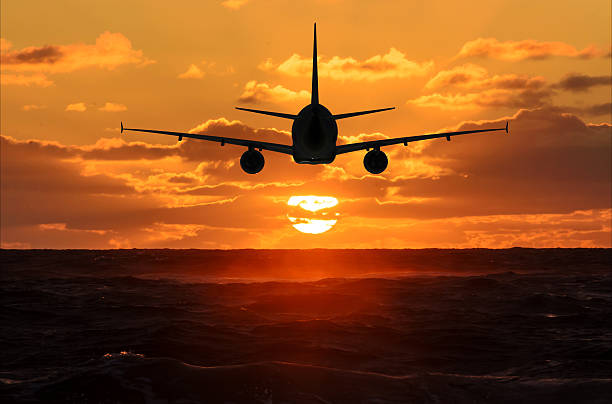Which Airline Has the Most Crashes? A Look at Aviation Safety and Historical Data

Strong 8k brings an ultra-HD IPTV experience to your living room and your pocket.
When it comes to air travel, one of the most common questions asked—especially by nervous flyers—is: Which airline has the most crashes? It’s a fair question, but the answer is more complex than simply listing a name. Understanding the context behind crash data is essential for accurately assessing airline safety.
In this article, we’ll explore the airlines with the highest number of crashes, the factors that contribute to these statistics, and how modern aviation safety has evolved over time.
Understanding the Numbers: Total Crashes vs. Crash Rate
Before diving into the list, it's important to distinguish between:
Total Number of Crashes: This refers to all recorded accidents involving an airline throughout its operational history.
Crash Rate: This is the number of crashes relative to the number of flights—often measured per million departures. This is a more accurate measure of an airline’s safety.
For example, a large airline operating for 70+ years with thousands of daily flights will statistically have more incidents than a smaller regional carrier, but that doesn’t necessarily make it less safe.
Which Airline Has the Most Crashes?
Based on historical data from aviation safety databases such as the Aviation Safety Network (ASN) and other public sources, the following airlines have had the most recorded crashes in their histories:
1. Aeroflot (Historical Soviet Era)
Total Crashes: Over 200 (mostly during the Soviet Union era)
Aeroflot has the highest number of recorded crashes, but many occurred in the mid-to-late 20th century, under vastly different conditions than today. Modern Aeroflot operates under international standards and has significantly improved its safety record.
2. American Airlines
Total Crashes: Over 40 major incidents
As one of the largest and oldest airlines in the world, American Airlines has experienced several accidents over decades of operation. However, its safety record in recent years has been strong.
3. Air France
Total Crashes: 30+ incidents
Air France has seen a number of tragic accidents in its long history, including the well-known crash of Flight 447 in 2009. Today, the airline adheres to strict EU safety standards.
4. China Airlines (Taiwan)
Total Crashes: Around 20 major incidents
China Airlines had a poor safety reputation in the 1990s and early 2000s but has made significant improvements, modernizing its fleet and operations.
🔒 How Safe Is Flying Today?
Despite historical crash records, flying is safer now than ever before. According to the International Air Transport Association (IATA):
* The global accident rate in 2023 was 1.5 accidents per million flights.
* Over 4.7 billion passengers flew safely in 2023 with no major commercial jet crashes.
Modern aircraft are built with advanced safety features, and pilot training, maintenance standards, and oversight by aviation authorities have greatly reduced the risk of accidents.
Factors That Influence Crash Statistics
Several variables affect how airline crash data is interpreted:
Fleet size and age
Geopolitical conditions
Weather patterns in operational regions
Maintenance standards and training protocols
Regulatory oversight (FAA, EASA, ICAO, etc.)
This is why smaller or newer airlines may appear to have better safety records, even if the comparison is statistically misleading.
✅ Conclusion: What the Numbers Really Mean
So, which airline has the most crashes? Historically, Aeroflot (during the Soviet era) tops the list in raw numbers. Among active major global carriers, American Airlines and Air France have had a high number of incidents due to their long operating histories and large fleets.
However, these numbers don’t reflect current safety. Today, major international airlines—including those with more crashes in the past—operate under strict safety standards and have earned high safety ratings from global regulators.
If you're booking a flight, check current safety ratings from trusted sources like Skytrax, JACDEC, or AirlineRatings.com, rather than relying solely on historical crash statistics.
Note: IndiBlogHub features both user-submitted and editorial content. We do not verify third-party contributions. Read our Disclaimer and Privacy Policyfor details.



